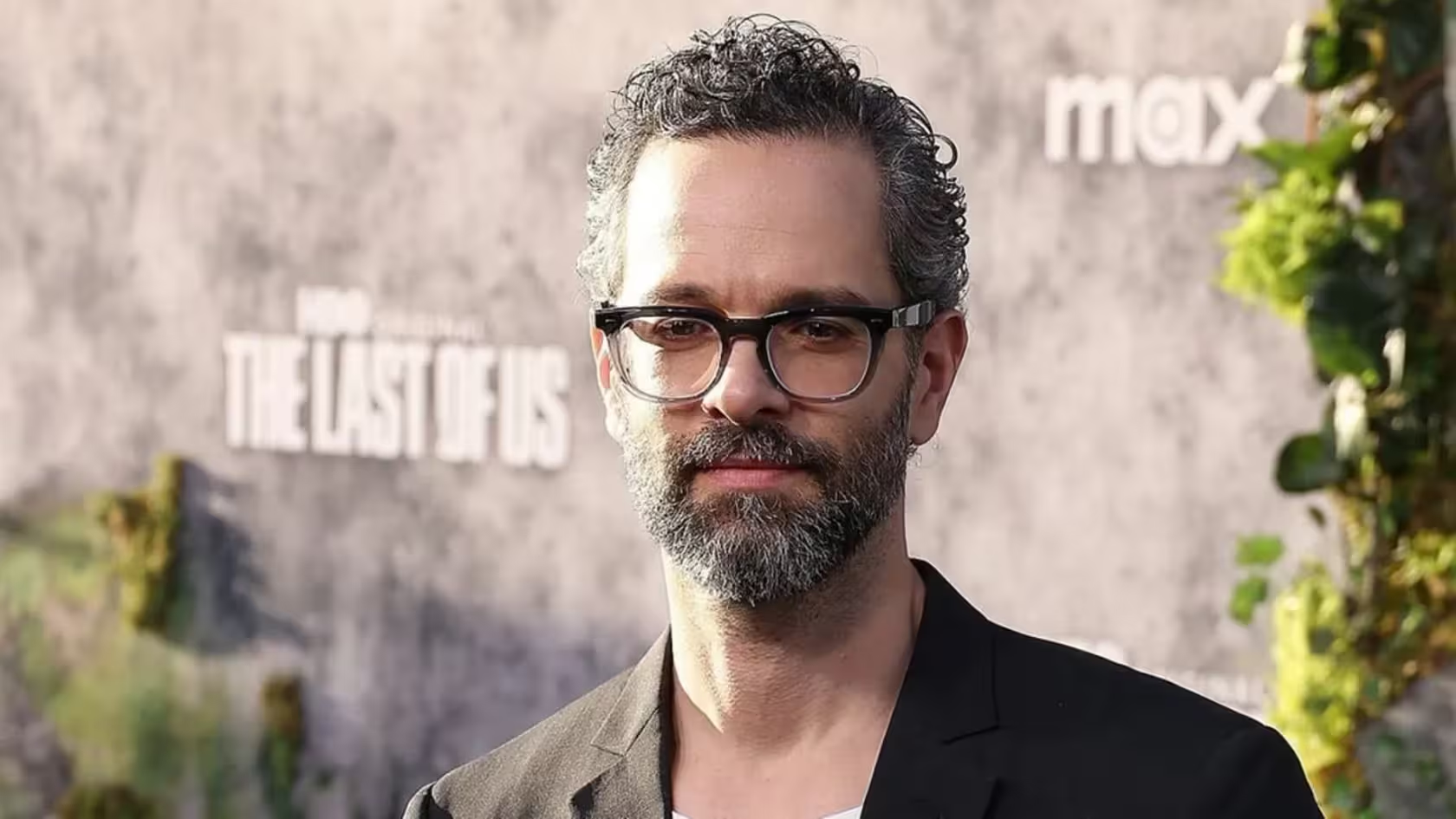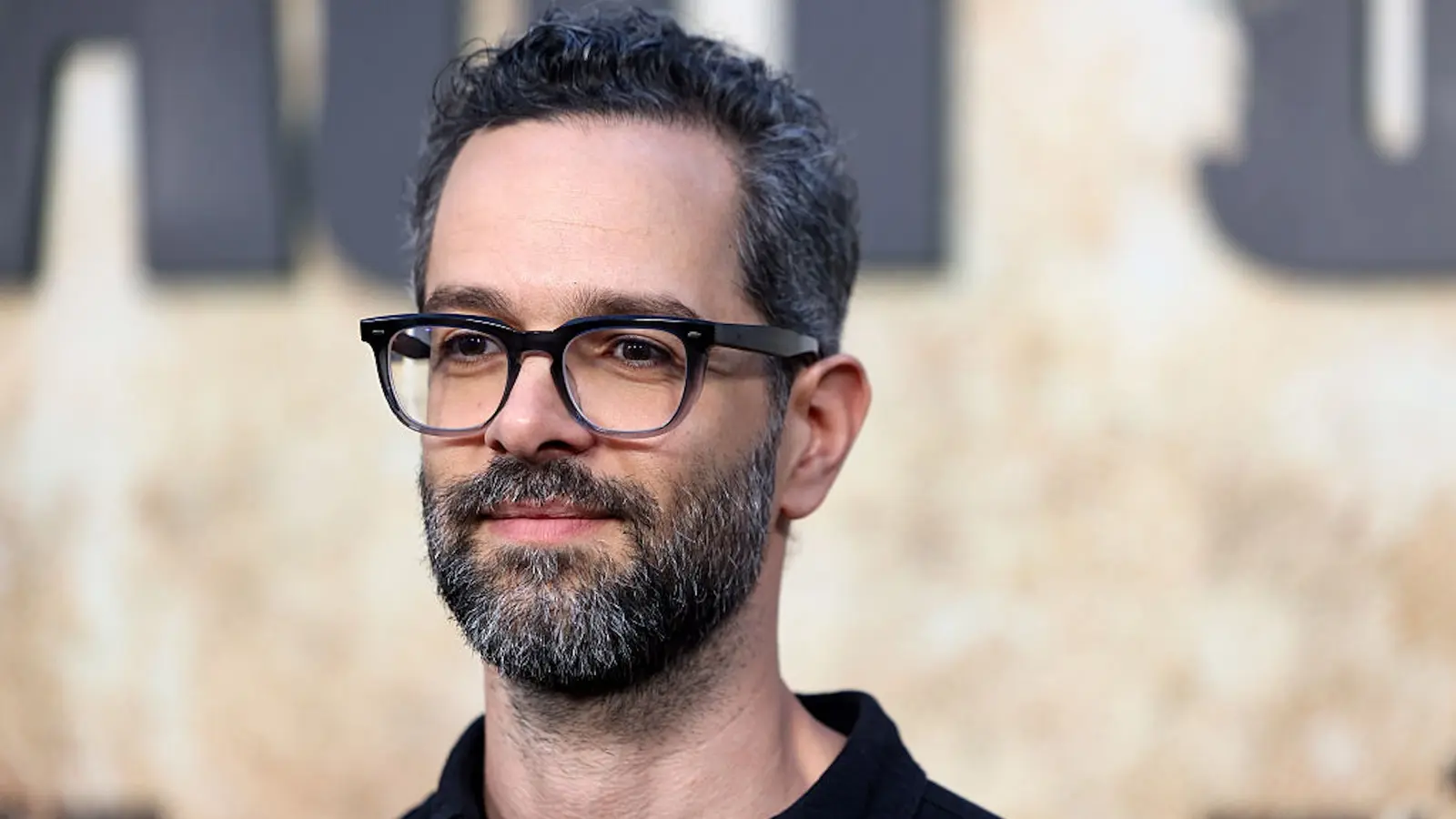5 Minutes
How a 2001 PlayStation game shaped a modern storyteller
Neil Druckman, the creative force behind Naughty Dog's The Last of Us, recently opened up about a single, defining video game moment that still resonates with him decades later. In a conversation with BAFTA magazine, Druckman singled out the emotional climax of Fumito Ueda's Ico — a PlayStation 2 release from September 2001 — as his favorite scene in gaming history. His praise isn't just nostalgia; it's an articulation of how gameplay mechanics can deepen character and theme in ways that cinematic storytelling often struggles to match.
The scene: trust, risk, and a small, surprising gesture
Druckman described the scene in Ico where the player, having guided the fragile Yorda for much of the game, faces a collapsing bridge and must take a blind leap toward her. It looks, narratively and mechanically, like certain death — until Yorda reaches out in the last second and saves the protagonist. That single act, performed only once in the story, converted a gameplay mechanic (holding hands) into a powerful emotional payoff. Druckman says that twist — a convergence of mechanics and character development — influenced how he would later approach relationships and emotional beats in his own work.
Why this matters beyond nostalgia
Ico belongs to a lineage of games that use minimalism, atmosphere, and sparse storytelling to create deep emotional experience — think Shadow of the Colossus, Journey, and later indie titles that favor experiential design over exposition. For creators like Druckman, that scene is proof that interactivity can generate unique moments of empathy: the player isn't only watching someone act, they are physically responsible for her survival.

Comparatively, The Last of Us often places characters in moral and emotional gambits where player actions amplify the drama. Druckman’s acknowledgment of Ico highlights a creative throughline: whether in an intimate jump across a broken bridge or a tense firefight in a post-pandemic America, gameplay can be the language of emotion.
Industry echoes and adaptations
As video games increasingly inform television and film, examples like Ico remind writers and directors that subtle mechanics can translate into powerful on-screen choices. Druckman himself transitioned into TV as a co-creator on HBO’s adaptation of The Last of Us before refocusing on game development. His move back to Naughty Dog — which is developing a new PlayStation-exclusive IP, Intergalactic: The Heretic Prophet — suggests the cross-pollination between mediums is ongoing rather than one-way.
Trivia fans will note that Druckman has repeatedly celebrated Ico: he marked its 20th anniversary by calling it his favorite game of all time. The community response to his praise was predictable — an outpouring of tweets and forum posts from players who remember their own shock and tenderness at that bridge sequence.
"Druckman’s reflection reveals how designers can script emotional beats through play, not just plot," says film critic Anna Kovacs. "It’s a reminder that interactivity offers storytellers an intimate toolset cinema lacks — the sensation of being complicit in the arc of a character."
What this means for fans of games and TV
For viewers who love The Last of Us on screen and players who remember Ico on console, Druckman’s comments are a bridge between communities. They underline the ongoing evolution of narrative craft, where directors and showrunners learn from games’ ability to create loyalty, surprise, and authentic emotional risk through mechanics.
Druckman hasn’t ruled out further entries in The Last of Us franchise, but for now he’s focused on Naughty Dog’s next game. Whatever comes next, his continued reverence for moments like Ico’s bridge jump makes one thing clear: whether through pixels or pixels translated to screen, the most memorable scenes are often those that put the audience in the crucible of choice and offer an unexpected human response.



Leave a Comment